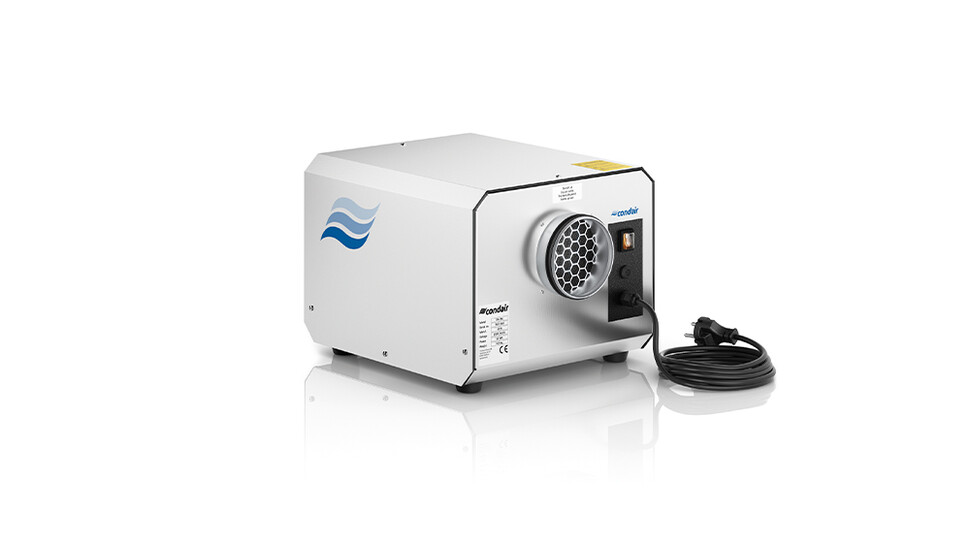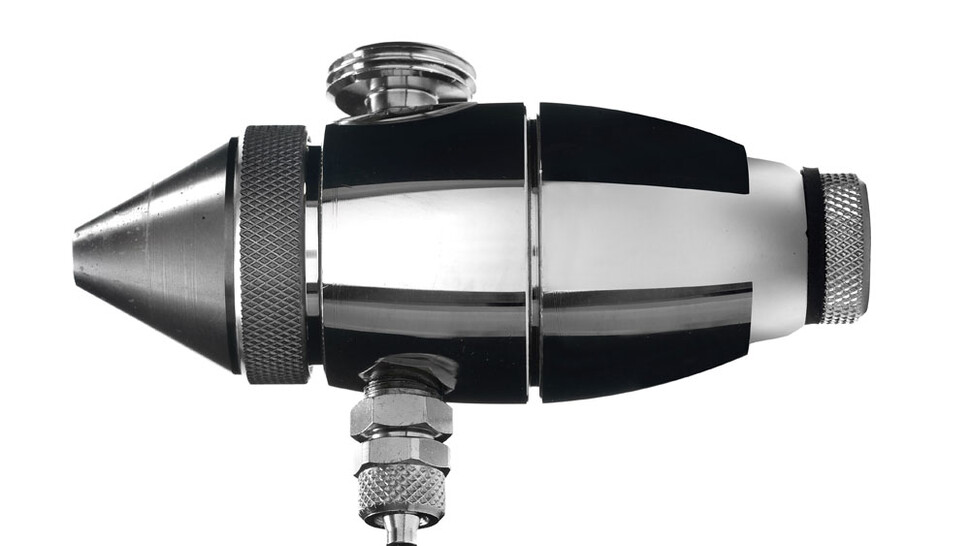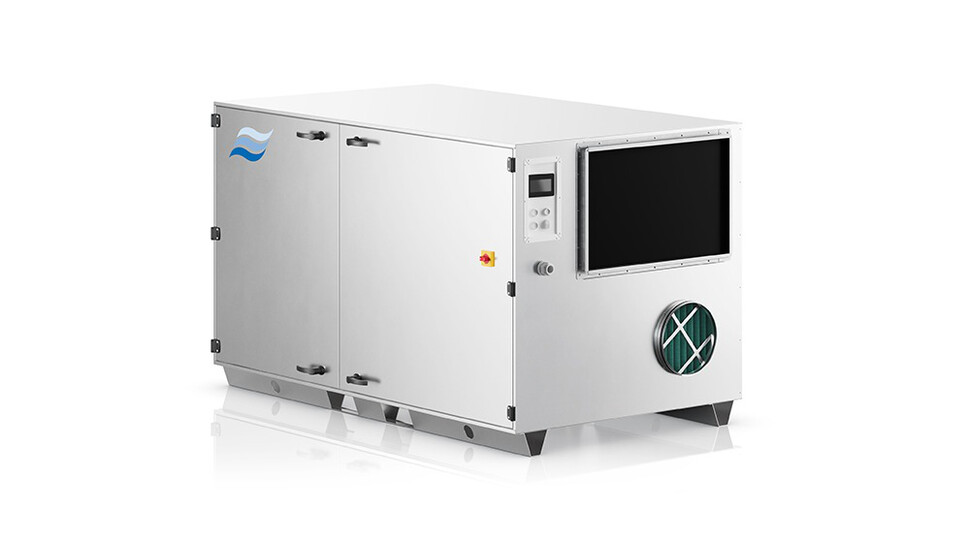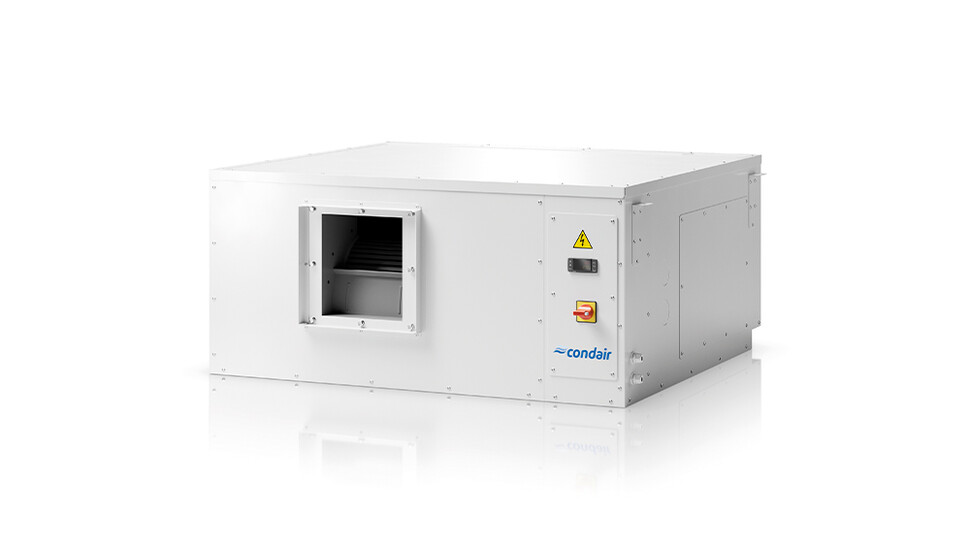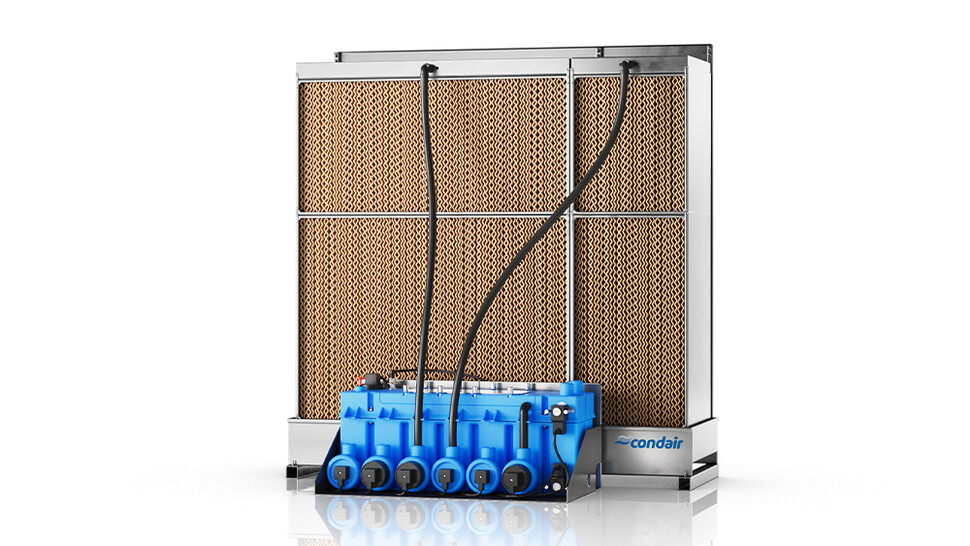Benefits for the chemical industry
Precise humidity control is vital in the chemical industry. It ensures consistent product quality, supports processes like tablet pressing, mixing, and reaction stability, and helps meet strict quality and efficacy standards.
Accurate data
That guarantees consistent product quality between batches
Protect experiment
With guaranteed test results and protect experiment from environmental influences
Energy efficiency
Improved energy efficiency compared to other climate control systems.
Use cases

Anti-static and ESD prevention

Reliable operations start with a controlled environment

Prevent evaporative losses

More accurate results
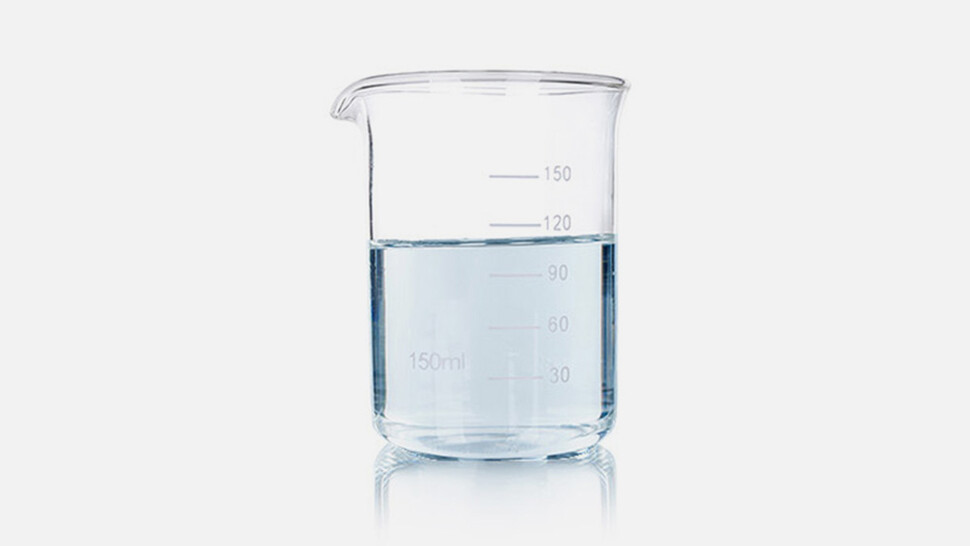
Protection of sensitive experiments
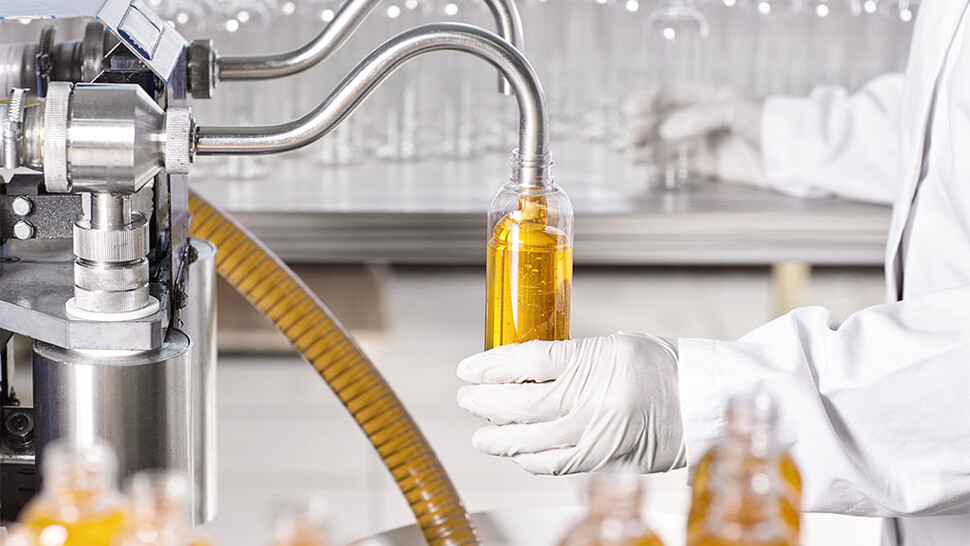
Protection of equipment, products, and people
Frequently asked questions
How can imbalanced humidity levels affect laboratory experiments and testing in the chemical industry?
How does humidity control affect powder-based products in the chemical industry?
Why is it important to maintain proper humidity levels in the chemical industry?
If you want to explore your options for humidity control, Condair's expert sales engineers will visit your site, review your project and talk you through their recommendations.
Alternatively, if you would prefer a call or online meeting, our team are always happy to discuss possible solutions and offer free technical advice.
Get in touch with us
We look forward to receiving your message and your needs for Condair solutions.
Here you can obtain further information or contact your Condair representatives in your region directly.
Need more information or have a question?
Contact us via our contact form
Contact a Condair consultant directly
Find the right Condair contact persons in your region
